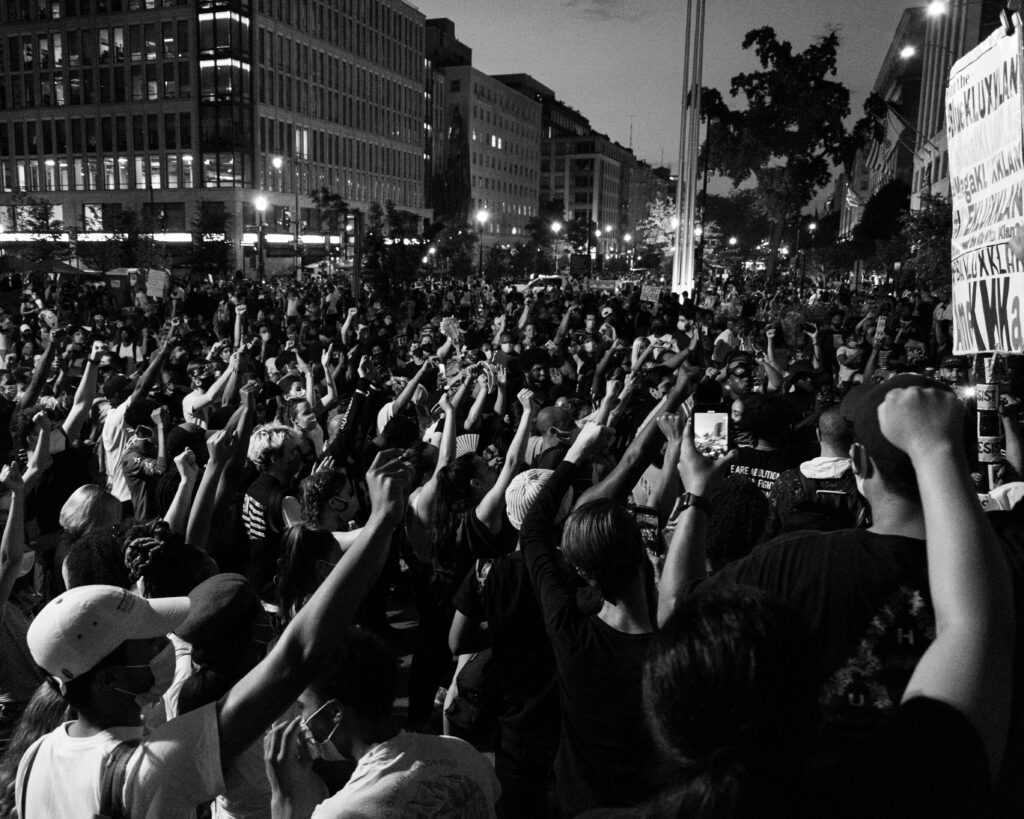
Part 1: Introduction | Part 2: Living for the Eternal King | Part 3: Longing for the Eternal City 1
At this point in Hebrews 11 the author pauses to summarize and, perhaps, to clarify what he has said so far. These 5 people—Abel, Enoch, Noah, Abraham, and Sarah—have been chosen for the “Hall of Faith” for a single reason: they trusted God.
They demonstrated that trust, that faith, by believing that what God had promised he would do, and by embracing those promises (He 11.13). What did that look like? In Abel’s case, it meant simply offering a sacrifice to God from what God had given him, with an attitude that pleased him. The specifics of his attitude aren’t described, but it’s easy to imagine that it involved gratitude and willingness rather than stinginess. In the case of Enoch, the comment that he “walked with God” seems to indicate fellowship between friends. Noah and Abraham evidenced their trust in God by obeying a significantly difficult command. And Sarah perhaps appears here just because of the attitude of her heart as she anticipated a labor and delivery in old age.
In these different ways, these examples demonstrated that they looked forward to something beyond this life: that after they died, they would have a life that was worth sacrificing for here (He 11.14-16).
More examples follow: Abraham’s willingness to sacrifice his son Isaac (He 11.17-19); Isaac’s instruction of his sons (He 11.20); Jacob’s anticipating of the covenant blessings on his grandsons as well as his sons (He 11.21); Joseph’s expectation of the Exodus (He 11.22); Moses’ obedience to God in leading it (He 11.23-29); Joshua’s obedience at Jericho (He 11.30); and Rahab’s faith in the one true God (He 11.31).
And then comes a simple list of names, with no descriptions (He 11.32), and of others unnamed (He 11.33-38), all who valued the life to come more than this one, because they trusted God to keep his promises.
We’ve noted that the author of Hebrews clearly expects us to follow their example.
What would that look like in these “modern” days?
It would look like valuing the eternal over the things you can’t take with you. And that would mean that our values and aspirations would be pretty much the exact opposite of the prevailing values and aspirations of our culture. Wealth? Political power? Fame? Are you kidding me?
That completely changes how significantly this or that election, or this or that scandal, or this or that government policy, affects us.
It changes how much we value and therefore cling to our earthly possessions. Giving to those in need brings us much less hesitation. Augustine’s earthly city starts to seem relatively trivial.
It gives us a confident faith in the Great Certainties:
- The greater value of the heavenly kingdom
- God’s certain deliverance of us to that kingdom
- The goodness of God’s plan for us here
Note that valuing eternity more than the temporal does not mean that we despise the temporal; God gives us good things, and it is appropriate to receive them with gratitude. I like my riding mower. I note that Abraham did indeed prefer Canaan to Ur, even though it wasn’t the heavenly city.
Eternal values, exercised wisely as we inhabit a temporal kingdom. Stewarding present responsibilities and opportunities even as we await eternal life in a very different place.
Grace, mercy, and peace.
Photo by Global Residence Index on Unsplash




